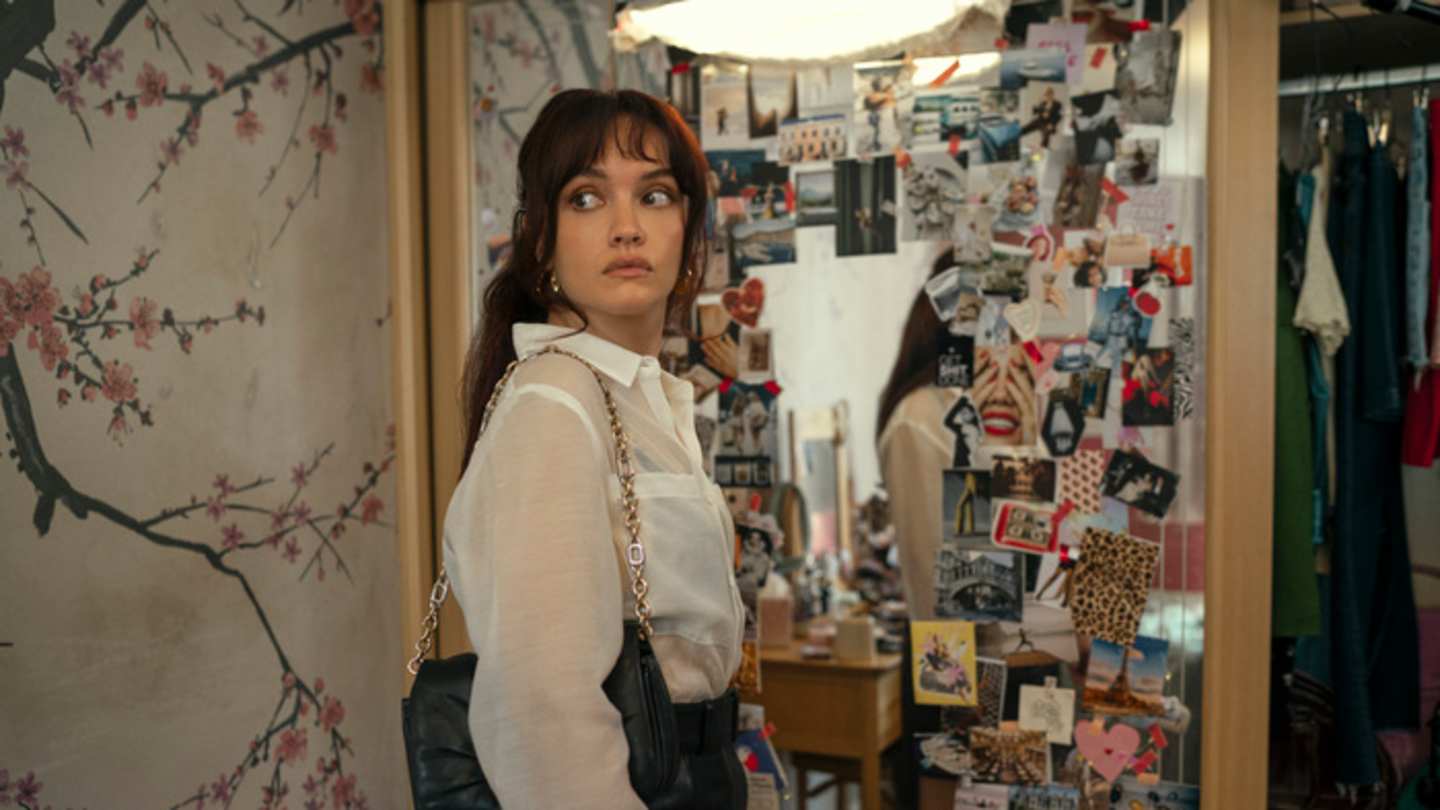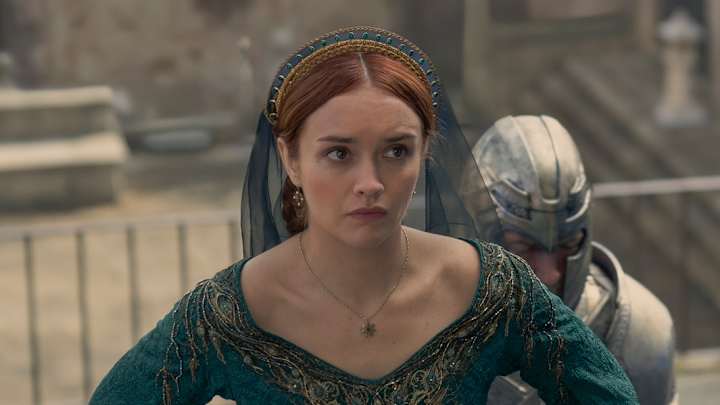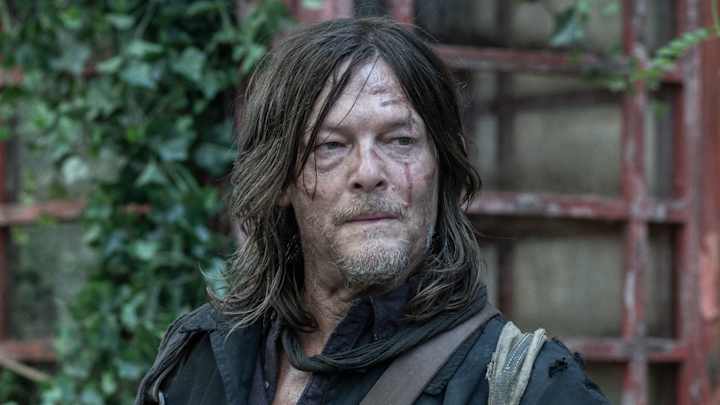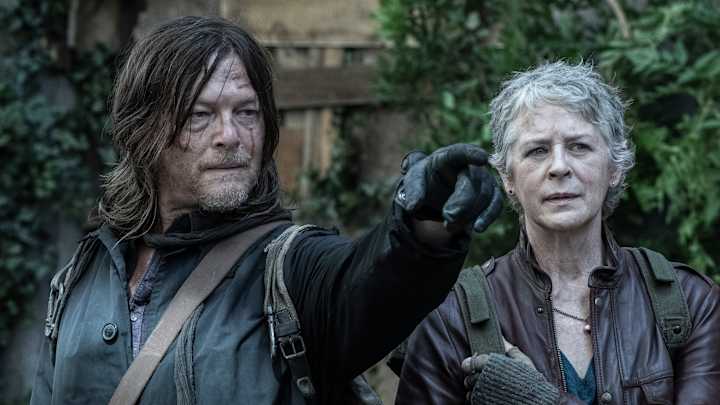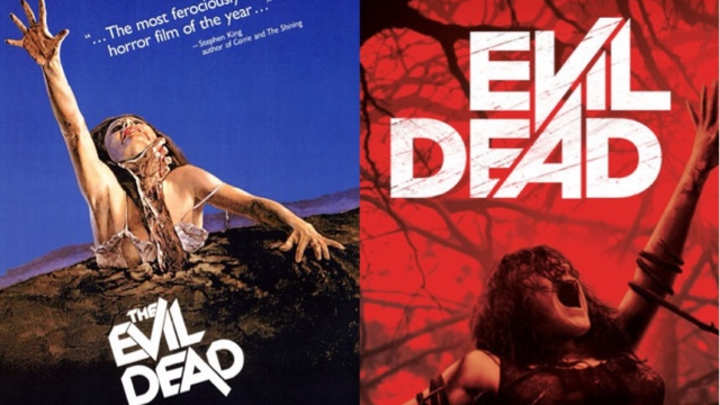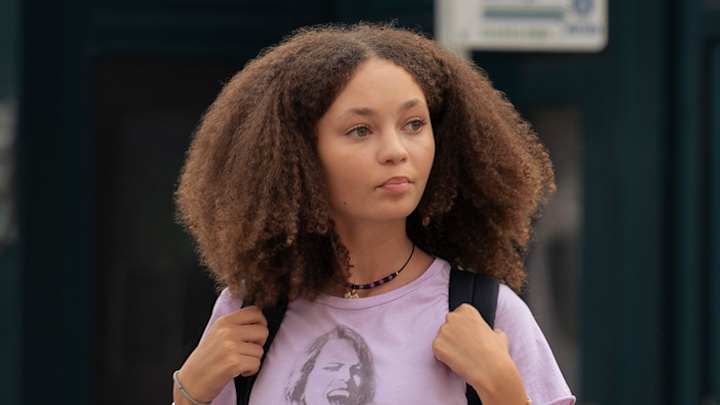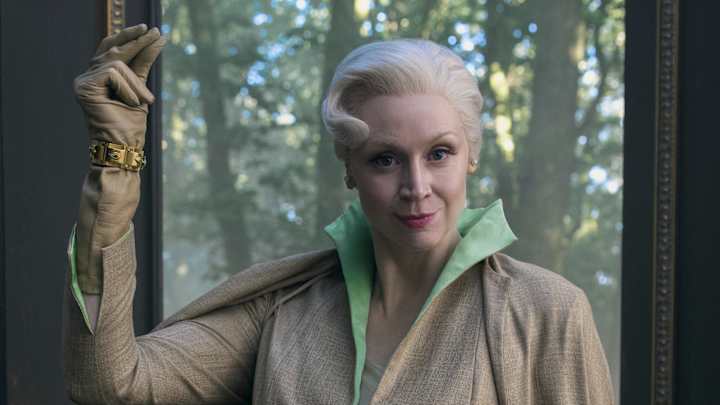In an era where television production increasingly centers on actor welfare, conversations about filming intimacy scenes have moved from behind-the-scenes chatter to industry-wide best practices. Olivia Cooke, celebrated for her portrayal of Alicent Hightower, offers a candid look at the pressures actors face and the critical role intimacy coordinators play in safeguarding comfort and consent on set. This evolving landscape is reshaping how audiences experience authentic storytelling without compromising artists’ well-being.
Cooke’s reflections on her work in House of the Dragon highlight a shift toward collaboration, communication, and clear boundaries. As more creators champion transparent dialogue and practical support, the responsibilities of writers, directors, and production teams expand beyond performance into ensuring a respectful, safe working environment for everyone involved.
The Importance of Intimacy Coordinators on Set
Olivia Cooke’s perspective underscores why intimacy coordinators are essential in modern TV production. She notes that in the past actors often had to ‘just fudge their way through those scenes’ without professional guidance, exposing them to vulnerability and boundary challenges. For newcomers, speaking up can be daunting; for women, a reputation as ‘difficult’ can follow them. Intimacy coordinators, as Cooke explains, can ‘sense hesitation and become your voice’ — creating a safer, more respectful environment that protects both emotional and physical well-being while keeping the human experience authentic on screen, including on House of the Dragon.
Her reflections emphasize that intimate moments should reflect genuine human experience without asking actors to sacrifice their boundaries. The industry’s shift toward trained coordinators is about trust, consent, and professional care that enables performers to deliver grounded performances while maintaining personal safety on set.
Olivia Cooke’s Experience with Stunt Work on House of the Dragon
Beyond intimate scenes, Cooke’s work includes demanding stunt work that tests timing, emotion, and physical endurance. A memorable moment came during a sequence with Tom Glynn-Carney, who plays her son Aegon, when he encouraged a real reaction—requiring Cooke to deliver a slap ‘for real.’ That moment, charged with surprise and vulnerability, underscored how closely stunt teams, fight choreographers, and intimacy coordinators collaborate to manage the physical and emotional requirements of high-stakes scenes on House of the Dragon.
The experience highlighted the importance of having a full team of coordinators—stunt professionals, safety officers, and intimacy specialists—on set to navigate the pressures of performing complex sequences while protecting actors’ well-being.
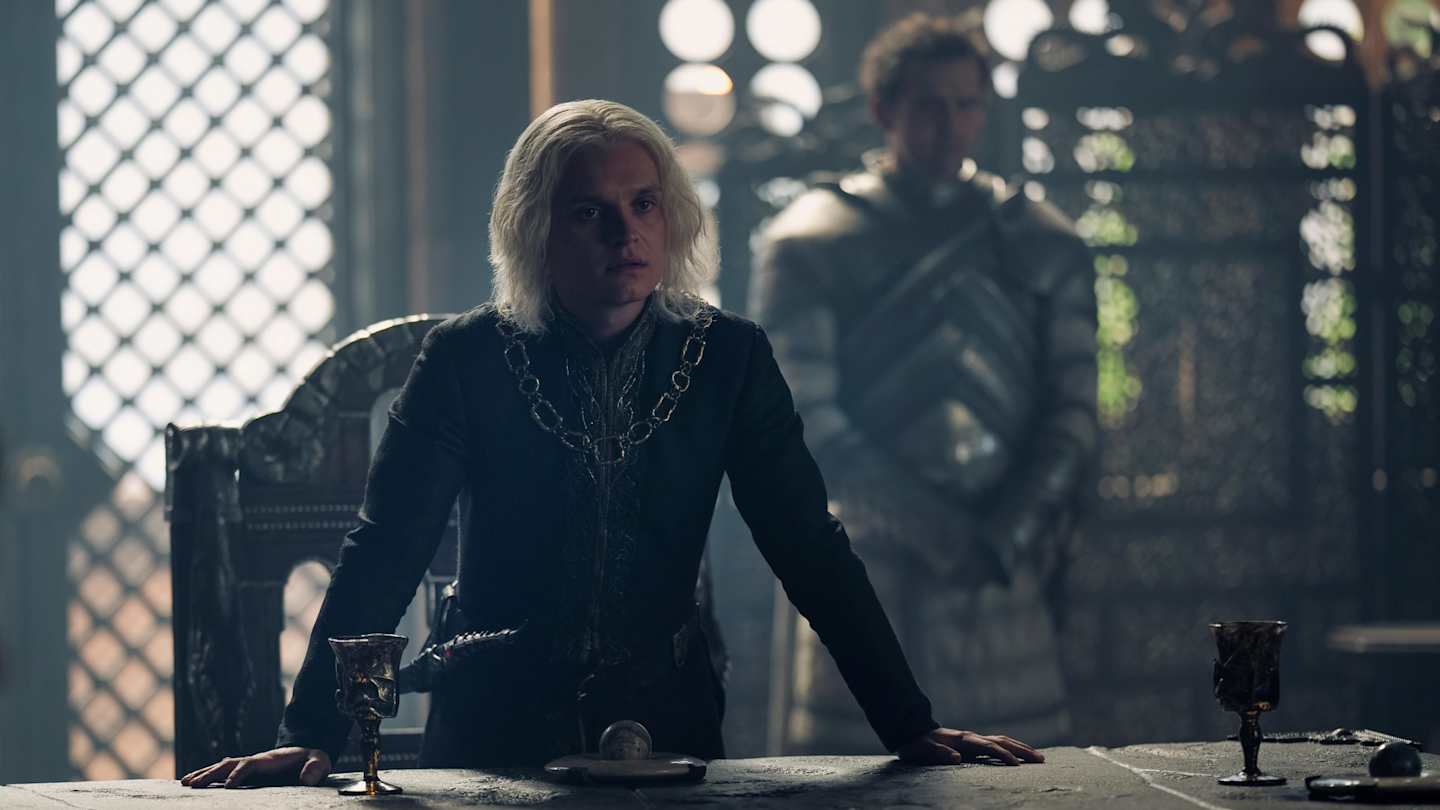
Olivia Cooke Welcomes Support Systems in High-Pressure Roles
Cooke’s candid reflections show why robust support systems matter when the spotlight is intense. The combination of intimacy coordinators and stunt supervisors helps performers navigate emotional vulnerability, physical risk, and the storytelling demands of a high-profile series. For Cooke, these coordinators do more than set boundaries — they help build trust on set, enable more nuanced performances, and reassure actors that their well-being comes first, whether they’re in provocative scenes or performing demanding stunts. On a show like House of the Dragon, such systems are not a luxury but a baseline for responsible storytelling.
Her openness about the challenges—ranging from emotional vulnerability to the physical intensity of a scene—offers valuable insight into the realities of acting in a top-tier series. It also signals a broader industry shift toward welfare-first practices that empower performers to explore complex characters without compromising safety or dignity.
Conclusion: Shaping a Safer Future for Actors in House of the Dragon and Beyond
House of the Dragon’s Olivia Cooke shares honest perspective on the pressures of filming intimacy scenes is a timely reminder that accountability, consent, and care on set are foundational to strong, responsible storytelling. By championing the role of intimacy coordinators and supportive stunt teams, creators can deliver authentic performances while preserving boundaries and consent. The conversation Cooke kickstarted invites fans to celebrate careful storytelling and to demand safer, more respectful workplaces across streaming and television.
As audiences look ahead to The Girlfriend on Prime Video and new chapters in the House of the Dragon universe, the industry has a blueprint for a safer, more collaborative future. Stream, comment, or explore more on Cobble Hill Blog for deeper dives into the people and processes behind compelling performances.
